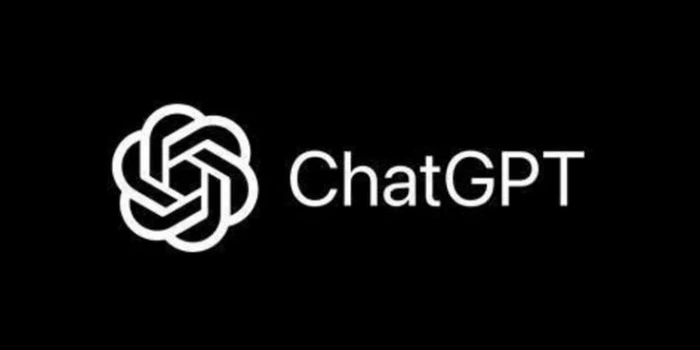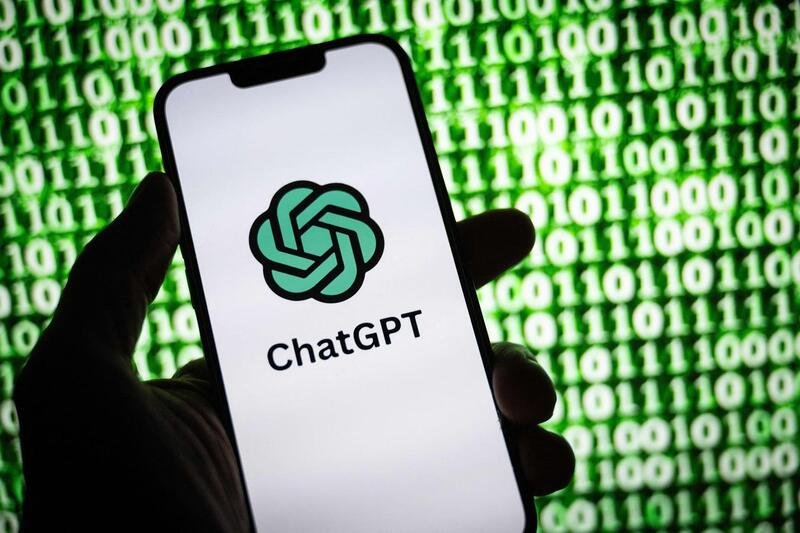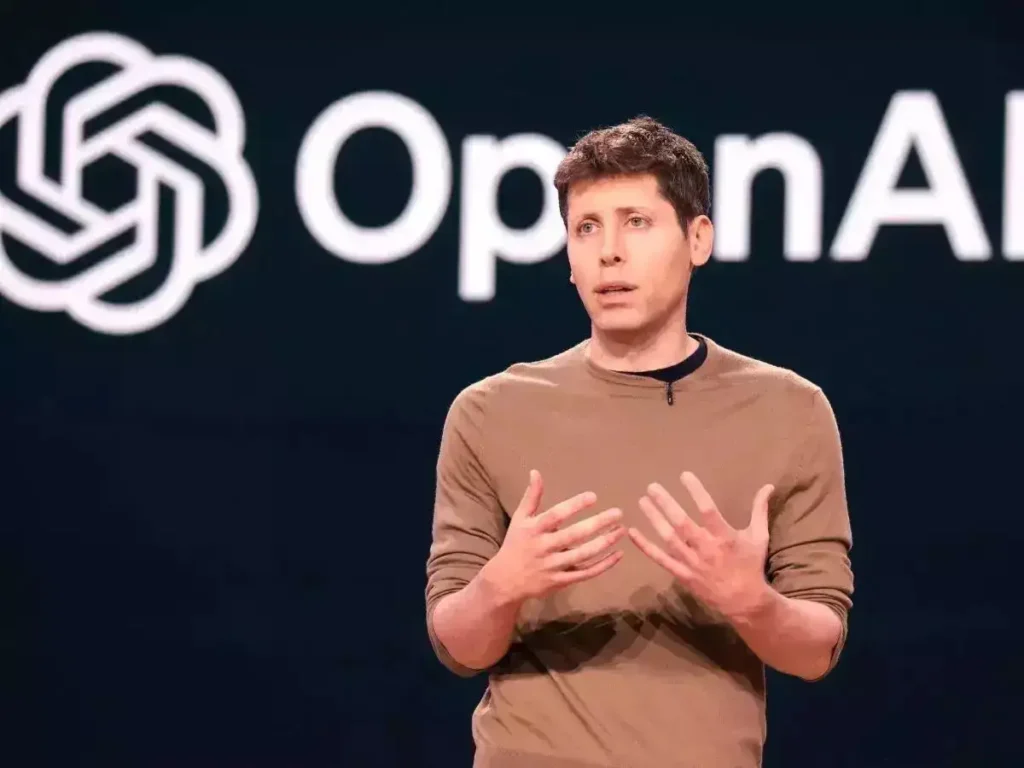In a surprising and concerning update, OpenAI CEO Sam Altman recently revealed that ChatGPT therapy chats aren’t private, sparking discussions about data safety and digital trust. While millions have turned to AI-powered chatbots like ChatGPT for emotional support, therapy simulations, and mental health guidance, many users assumed these chats were confidential.
Unfortunately, that assumption may not be entirely accurate.
Let’s break down what was said, why it matters, and what you can do to protect your privacy if you’re using AI for sensitive conversations.

What Did the OpenAI CEO Say?
In a recent interview and follow-up comments, Sam Altman, the CEO of OpenAI, admitted that conversations users have with ChatGPT, including those of a personal, sensitive, or emotional nature, are not necessarily private or completely secure.
Altman said:
“We don’t claim that ChatGPT is a therapist, and users should be aware that their inputs may be used to improve the model unless they opt out.”

This means that unless you turn off data sharing manually, your therapy-like conversations with ChatGPT could be stored, reviewed by human trainers, or used to improve the AI system.
This revelation has triggered strong reactions from users, privacy experts, and mental health advocates.
Why Are People Using ChatGPT for Therapy?
Before diving into privacy concerns, it’s important to understand why so many people use ChatGPT for therapy-like conversations.
Here are some common reasons:
- Immediate availability, 24/7
- No cost, with optional paid upgrades
- No judgment or bias
- Easy access, especially in remote areas
- Assumption of privacy
These benefits make AI chat tools appealing as substitutes for traditional therapy, especially for those who can’t afford or access mental health services.
Are ChatGPT Therapy Chats Actually Private?
The short answer is no, unless you take extra steps.
If you don’t disable chat history and training, your interactions may be:
- Stored on OpenAI servers
- Reviewed by human moderators
- Used to improve the AI model
- Exposed in case of a data breach
Even if chat history is turned off, metadata such as time stamps and session lengths may still be collected.
While it may feel like a private space, you’re really talking to a system that may log, analyze, and learn from your words.
What Data Does OpenAI Collect?
Here’s a list of the types of data that may be collected during your sessions:
- Text prompts and responses
- Device information
- Browser and usage data
- Approximate location
- Time and frequency of interactions
Even anonymized data can sometimes be linked back to individuals, especially when combined with personal or specific information shared during chats.
How Is This Data Used?
According to OpenAI’s data use policies, user data is used to:
- Improve the AI’s accuracy and performance
- Train new and future AI models
- Monitor misuse or harmful behavior
- Ensure platform safety and compliance
While these purposes may sound reasonable, using real, emotionally sensitive conversations to train AI raises serious ethical concerns. Most users aren’t fully aware that their conversations could be read or used in this way.

The Risks of Sharing Personal Information with AI
Sharing deeply personal information with an AI like ChatGPT can come with serious risks.
Data Breaches
Any stored data can be exposed through cyberattacks, potentially leaking sensitive mental health details or personally identifiable information.
Reidentification Risks
Even if names are removed, enough context could allow someone to figure out the identity behind a conversation.
Human Review
OpenAI uses human reviewers to monitor and evaluate interactions. This means your conversations may be seen by real people.
AI Misinterpretation
ChatGPT is not a licensed therapist. It doesn’t understand emotion or trauma in the way a human does, and it may give advice that is incorrect, vague, or even harmful.
How to Protect Your Privacy When Using ChatGPT
If you decide to use ChatGPT for emotional or personal discussions, you can reduce the risks by following a few key steps:
Turn Off Chat History
- Go to your ChatGPT settings
- Disable “Chat history & training”
- This helps prevent your conversations from being stored or used for training
Avoid Sharing Personal Details
- Don’t include your real name, address, or employer
- Speak generally or use hypothetical examples when discussing sensitive topics
Use an Anonymous Account
- Avoid linking personal emails or social media
- Create a new account that doesn’t tie back to your identity
Use Secure Connections
- Make sure you’re using a secure HTTPS connection
- Avoid using public Wi-Fi when having sensitive conversations
Try Local or Offline Tools
- Use journaling apps or note-taking tools on your device
- Look for open-source AI tools that run offline and don’t upload data to the cloud

Alternatives for Secure Mental Health Support
If you’re looking for real mental health support, consider using services that prioritize privacy and offer licensed professionals.
Here are a few well-known platforms:
- BetterHelp
- Talkspace
- 7 Cups
These services usually offer end-to-end encryption and comply with health privacy laws such as HIPAA. While they may cost more than a free AI chatbot, they offer safer, more reliable support for emotional and mental health needs.
Legal and Ethical Questions Around AI Therapy
The statements by OpenAI’s CEO raise broader questions about the use of AI in mental health support.
Should AI therapy be regulated like real therapy?
Should AI companies be legally required to protect user privacy more strictly?
Should warnings be made more prominent when users start a conversation?
Right now, ChatGPT and similar tools are not bound by laws like doctor-patient confidentiality. Until clear regulations are created, the responsibility falls on users to be cautious.
Final Thoughts
The fact that ChatGPT therapy chats aren’t private, as acknowledged by OpenAI’s CEO, is a serious issue that every user should be aware of.
While ChatGPT can be a helpful tool for support or self-reflection, it should not be mistaken for a private diary or a licensed mental health professional.
If you’re using it for sensitive topics:
- Understand the risks
- Use privacy settings wisely
- Think twice before sharing personal information
In the digital age, privacy is no longer something we can assume. It’s a choice we must actively protect.
Do follow UAE Stories on Instagram
Read More: GTA 6’s Shocking Cost Surpasses Burj Khalifa — Here’s Why














